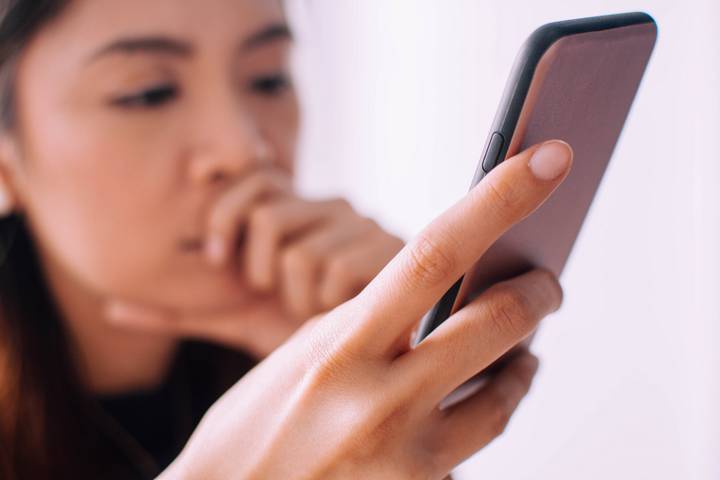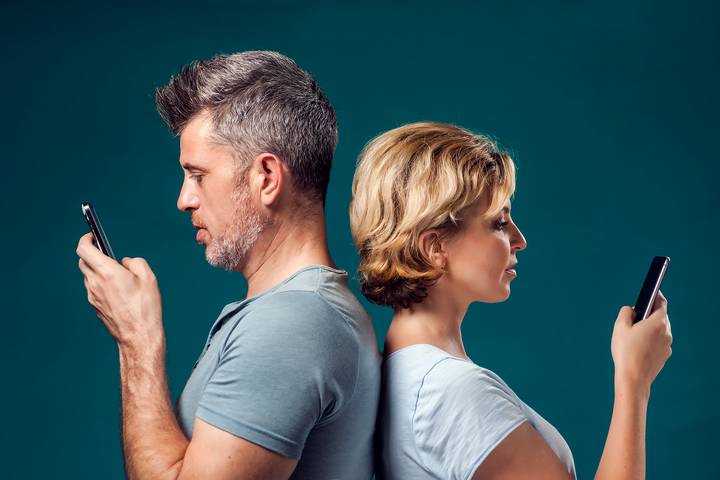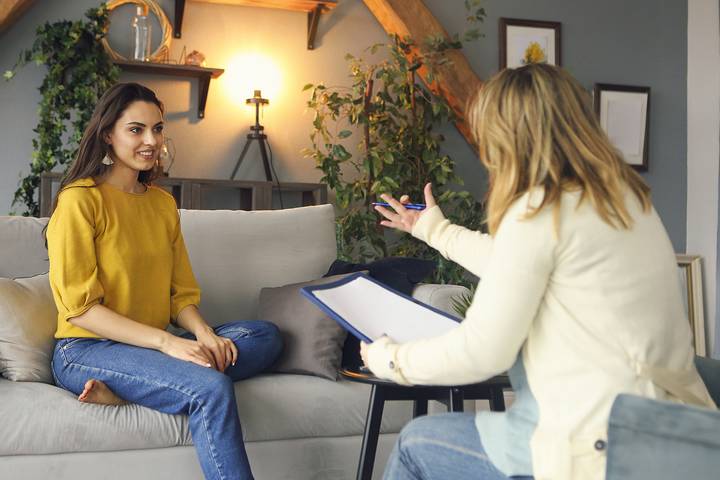Relationships are tricky to navigate. Some couples drift apart, unable to reconcile their differences over time. Feelings may change, passion may cool down, and many other variables may lead to the end of a romance. Whatever the reason, breaking up is never easy to handle.
When you come out of a long-term relationship, it is typical to experience various emotions. You may feel sad, angry, remorseful, or pessimistic. Sometimes, the melancholy will naturally subside after a few days. However, your conflicted feelings can also intensify, manifesting into anxiety and depression.
A breakup can be emotionally overwhelming, but it’s crucial to remember that you aren’t alone during this period. Your family and friends are excellent support systems. Likewise, counselling services are available to provide professional guidance during this sensitive time. They offer effective coping strategies, turning your recent heartbreak into an empowering breakthrough.
Let’s learn how to deal with anxiety and depression after a breakup:
Spending time with loved ones

Your loved ones are there for you during the good and bad times. You can lean on your siblings, parents, and best friends, who feel sympathetic to your breakup. Try opening up about your feelings around them, but only if you feel comfortable. Otherwise, simply spending time with your loved ones will evoke warmth, reassurance, and familiarity. Their presence will remind you that there are allies in your corner.
Make friends after breakup

You might not be ready to go back to dating immediately after a breakup. However, try your best to maintain a human connection. Consider making new friends via volunteering, holiday parties, or hanging out with colleagues after work. It helps to talk to other people, hear their voices, and see them smiling. Socialization may help ease the anxiety and depression after a breakup.
Plan activities to do after a breakup

Staying productive is an excellent way to move on after a breakup. Use this time to enjoy your favourite hobbies, such as cooking, reading, shopping, and exercising. You may explore new interests on your self-improvement journey, like painting or learning a new musical instrument. You can also redecorate your room and change up the furniture. The goal is to keep yourself engaged in fun activities and not linger on negative emotions.
Self-love affirmations after breakup

It’s easy to concentrate on the negative feelings after a breakup. You may feel insecure and scrutinize where the relationship went wrong, shouldering the burden of responsibility. Step away from this harmful mentality. Highlight your positive attributes, practice self-love affirmations, and don’t be so harsh on yourself. Focus on empowerment instead of belittlement.
Avoid sad breakup songs

Listening to sad breakup songs is a popular stereotype, but it may not be the best idea fresh out of a relationship. That’s because many romantic songs paint single people as lonely and unhappy. Consuming content that reinforces this negative message may increase your anxiety and depression after a breakup. Instead, try listening to upbeat songs, soothing soundtracks, or podcasts and audiobooks that steer your mind away from romance.
Disappearing from social media after breakup

Consider taking a social media break after a breakup. Your Instagram feed is unpredictable and can paint a distorted image of happiness. Scrolling through pictures of other couples may inadvertently provoke reminders of your recent heartbreak. Instead, try going silent on social media after a breakup for several days or longer if necessary.
No contact with ex

Some couples go through amicable breakups, remaining friends afterwards. Whether that sentiment applies to you or not, it’s best to avoid contacting your ex for a while. Anticipating your ex’s response to a text or voice message can increase your anxiety. In the short term, don’t initiate communication unless necessary. Maintaining a respectable distance will help both of you decompress from your breakup.
Learning to be alone after a breakup

Embrace your solitude after ending a relationship. Being alone has many positive benefits, allowing you to focus on self-care. Use this time to prioritize yourself, enjoy your newfound freedoms, and focus on becoming a well-rounded individual. Millions of people around the world live independently and achieve immense personal fulfillment. You can embark on an empowering journey of self-improvement, where every day is a valuable learning opportunity.
Breakup counselling

Ending a long-term relationship is a complex situation that involves delicate emotions. Understandably, many people experience anxiety or depression after a breakup. If you are struggling with your mental health, consult with a counselling service for professional guidance. A counsellor can help process your emotions and provide resources to manage your recovery. Contact Kari Walton Counselling Services to book an appointment and learn more information.

